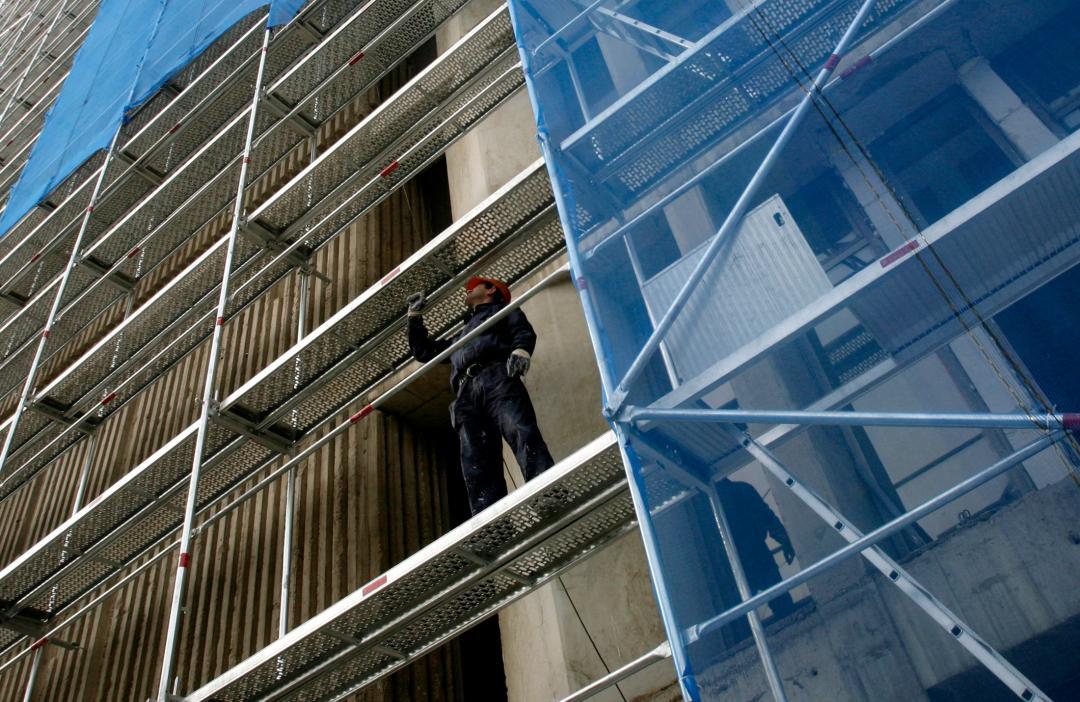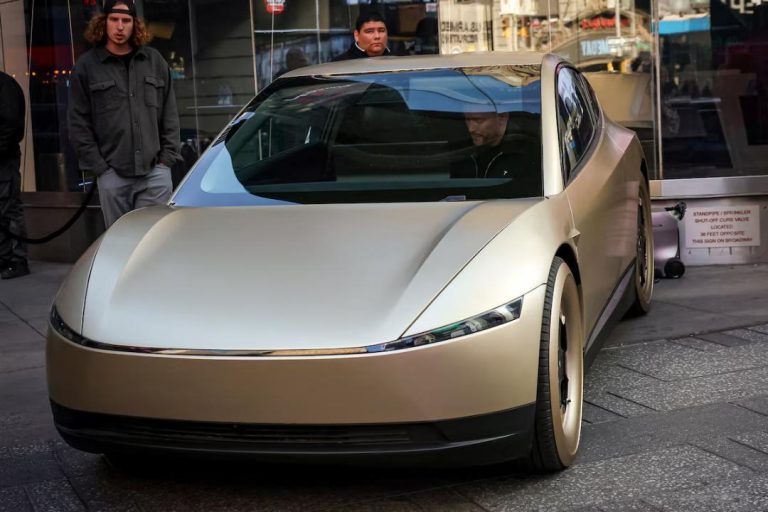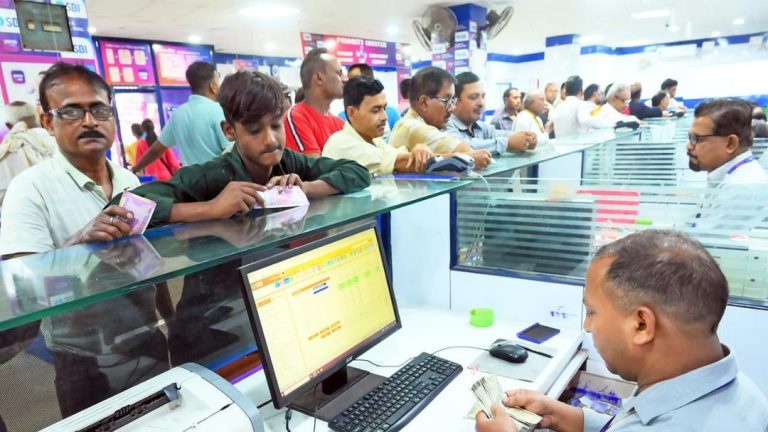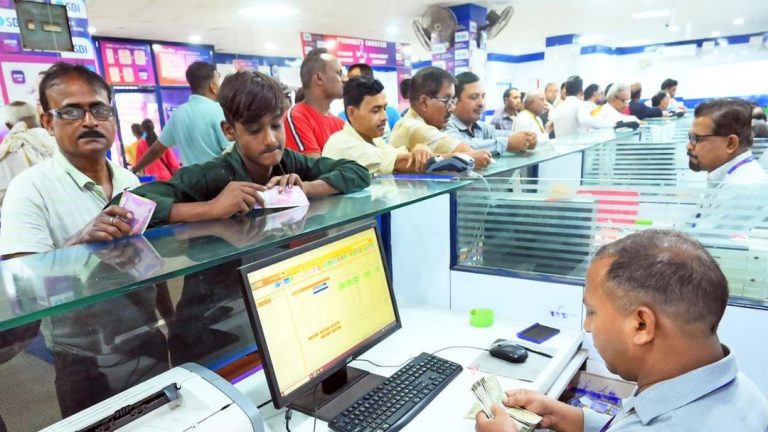
IIT Making Glass to Keep Buildings Cool in Summer & Warm in Winter
In a breakthrough innovation, Indian Institute of Technology (IIT) Indore is developing a “smart glass” that can regulate light and heat by applying a small electric current. The electronic curtain glass is made using a special porous organic polymer and is designed to help build eco-friendly buildings. This revolutionary technology can change color and transparency, allowing it to block sunlight and heat when needed, or letting it in when it’s cooler.
Traditionally, buildings have relied on mechanical systems to control the temperature, which can be energy-intensive and costly. The smart glass developed by IIT Indore offers a more sustainable solution, reducing the need for air conditioning and heating. This technology has significant implications for the construction industry, particularly in countries with extreme climate conditions.
The smart glass works by applying a small electric current, which changes its molecular structure, allowing it to switch between transparent and opaque states. This process is reversible, meaning the glass can be easily restored to its original state. The polymer used in the glass is also biodegradable, making it an environmentally friendly option.
The applications of this technology are vast and varied. In summer, the glass can be made opaque to block out the sun’s rays, reducing the need for air conditioning and keeping the building cool. In winter, the glass can be made transparent to let in natural light and warmth, reducing the need for heating. This can lead to significant energy savings and reduced carbon emissions.
The IIT Indore team is confident that their smart glass will make a significant impact on the construction industry. “It can change color and transparency, allowing it to block sunlight and heat when needed, or letting it in when it’s cooler,” said an official from the institute. “This technology has the potential to revolutionize the way we build and maintain buildings, making them more energy-efficient and sustainable.”
The development of smart glass is also expected to have a significant impact on urban planning and architecture. Buildings can be designed to be more responsive to their environment, with the glass adjusting to suit the local climate. This could lead to more sustainable and livable cities, with reduced energy consumption and environmental impact.
The technology is still in the experimental phase, but the IIT Indore team is optimistic about its potential. “We are working on scaling up the production process and testing the glass in real-world conditions,” said another official. “We believe that this technology has the potential to make a significant impact on the construction industry and help reduce our carbon footprint.”
In conclusion, the development of smart glass by IIT Indore is a significant breakthrough in sustainable building technology. This innovative material has the potential to revolutionize the way we build and maintain buildings, making them more energy-efficient and environmentally friendly. As the world continues to grapple with the challenges of climate change, the development of smart glass is an exciting step towards a more sustainable future.
Source: https://repository.inshorts.com/articles/en/PTI/319121e5-f2f2-4d36-b9bd-364925f8a154






